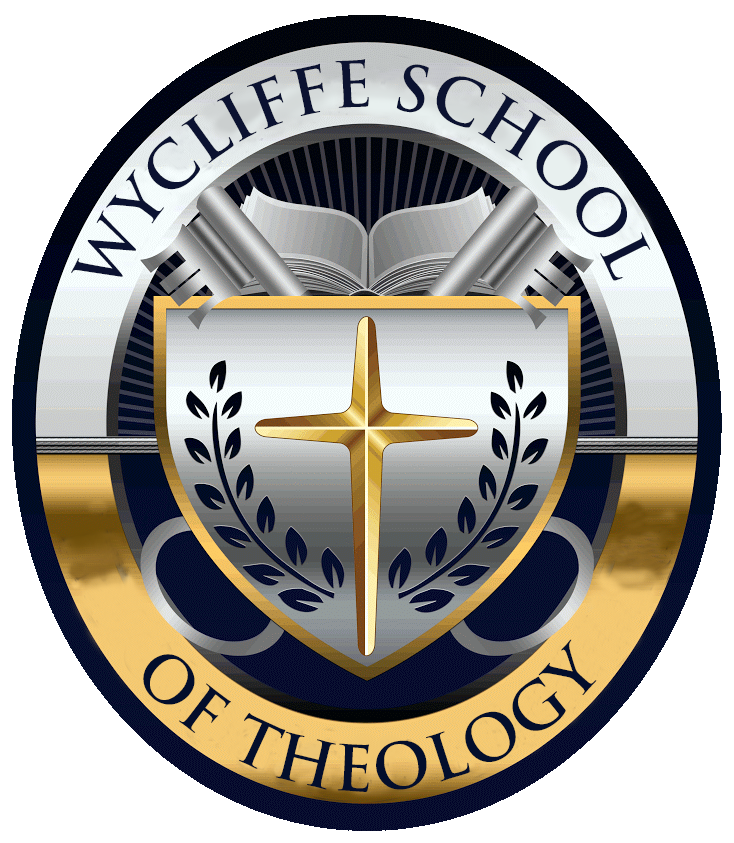Eschatology and Genesis
Introduction
When we think of the Old Testament’s teaching on the end times, our attention generally turns to the writing prophets. Isaiah, Zechariah, and Daniel first come to mind, not to mention other prophets. But Eschatology and Genesis? A general assumption is that Genesis is all about beginnings, not endings. After all, the name Genesis means “origins.”
THE IMPORTANCE OF LITERARY STRUCTURE
From Beginning to End
Genesis is a book of origins. Beginnings, nonetheless, may indicate something about endings. This is because beginnings show direction, and possibly purpose and design. God did not create the heavens and the earth and call all things good just to have sin derail his cosmic plans. While we may be thwarted in our own personal plans, God is able to carry through on His purposes (Rom. 4:21). The origins that God established may be a picture of the destination He has always intended. Eschatology and Genesis.
Genesis lays the foundation for the rest of the Bible. Remember that Moses gave this revelation to God’s people perhaps while they were still in Egypt, or at least while sin’s oppression was still fresh in mind. Its message of an initial paradise in God’s creation taught the Hebrews that God had a good purpose for mankind. A short life of drudgery and an untimely death in a brick pit were not part of His original plan. This picture of paradise also teaches modern man that sin and misery are not God’s ultimate desire for him. Eschatology and Genesis.
Consider also the opening phrase of Genesis, “In the beginning God . . . .” Instant focus on beginnings anticipates the latter days of the world. These opening words of Genesis teach that creation is not eternal from ages past. The next step in the author’s chain of logic is the implication that creation will not last eternally. Creation had a beginning. Human history will not continue in a sin-cursed world but will have a conclusion as surely as it had a beginning. Eschatology and Genesis.
The Beginning and End of Genesis Thematic Structure
If we can read the conclusion of an account as well as its beginning, then an even clearer picture of design is painted. It is like reading the introduction and conclusion of a mystery novel to know the design of the author. This approach is especially helpful in interpreting a book like Ecclesiastes.
Read the end of Genesis in the light of its introduction. The Joseph narrative in the closing chapters may seem to have little to do with the creation account of the book’s first two chapters. This narrative does have everything to do with the fall of man in Genesis 3. Joseph summarizes that his brothers’ intentions and actions were to choose evil (Gen. 50:20, the key verse of the book).
Finally, what does the theme of good and evil have to do with eschatology? In general terms the future of human history is bleak without the intervention of God. In specific terms God does overrule and will bring about His originally intended good. An examination of the outworking of His plans in the covenants leads to this conclusion. Eschatology and Genesis.
